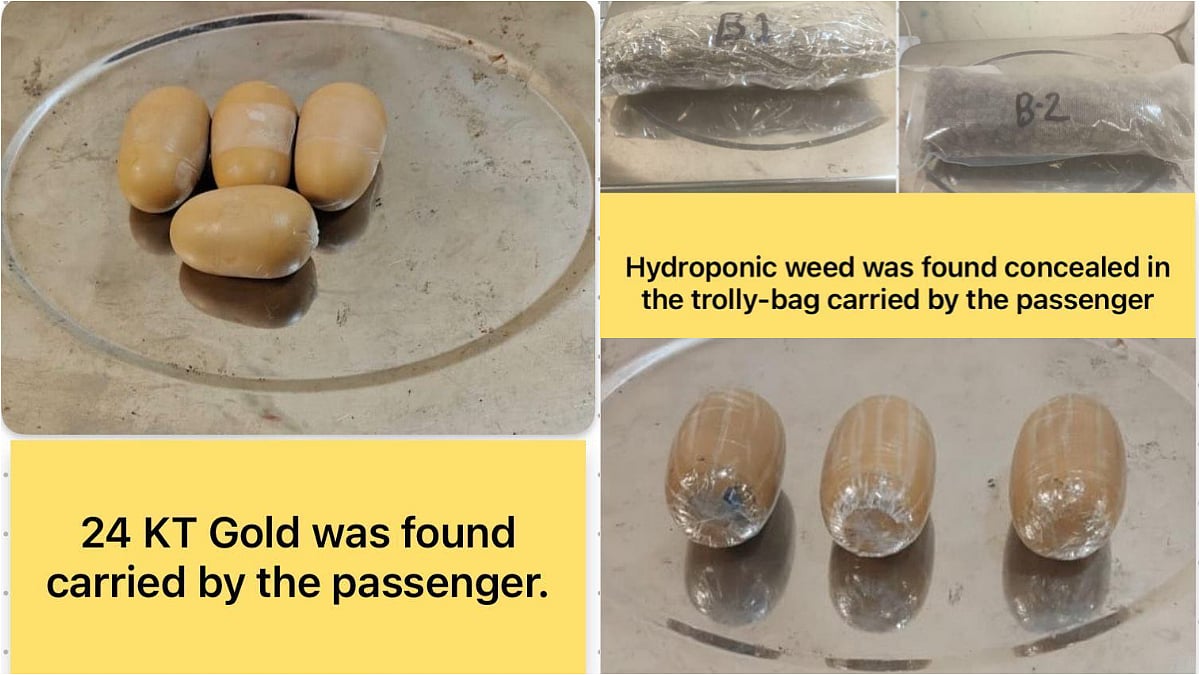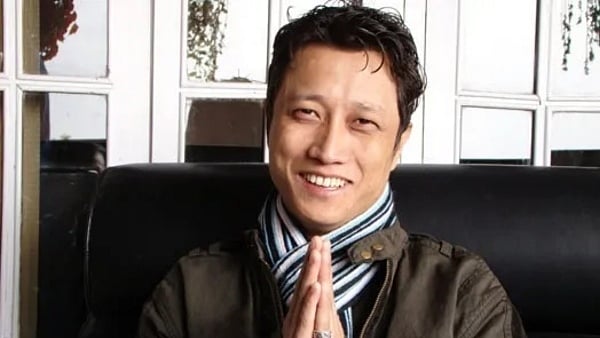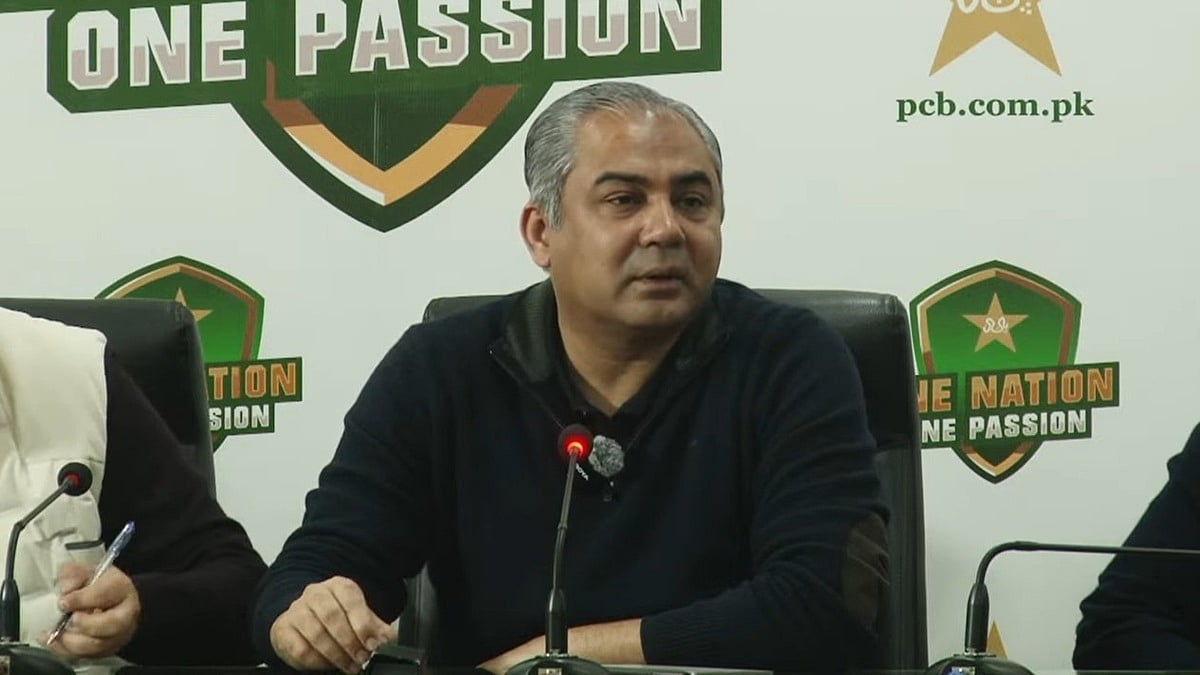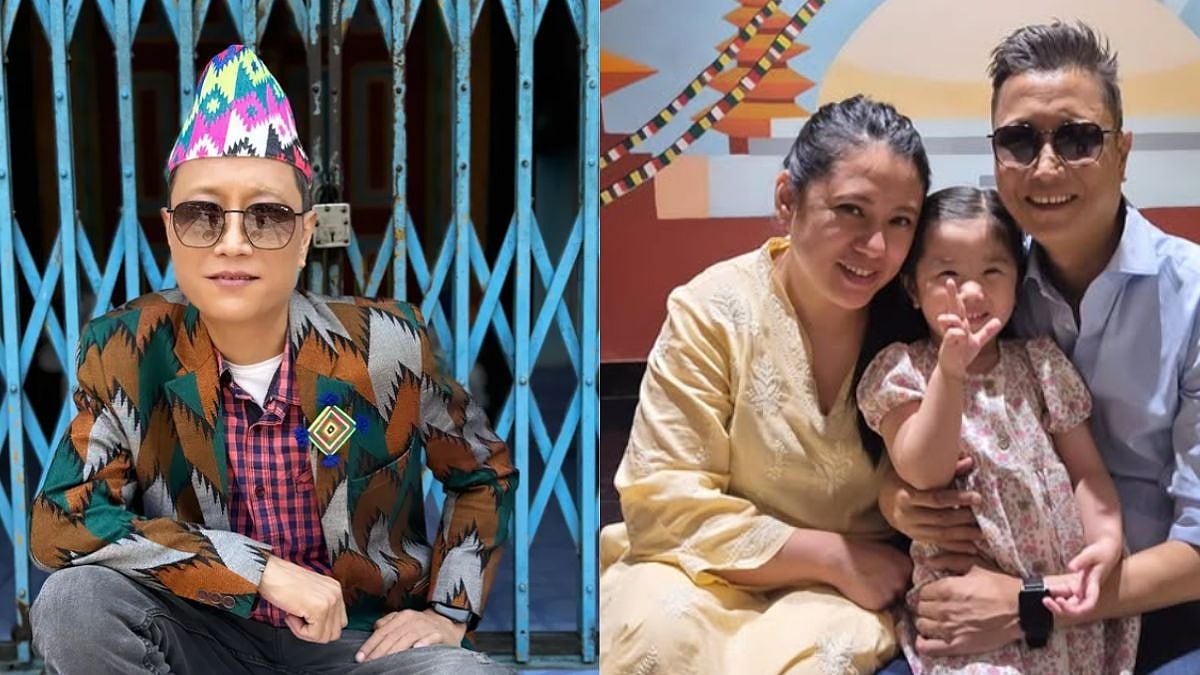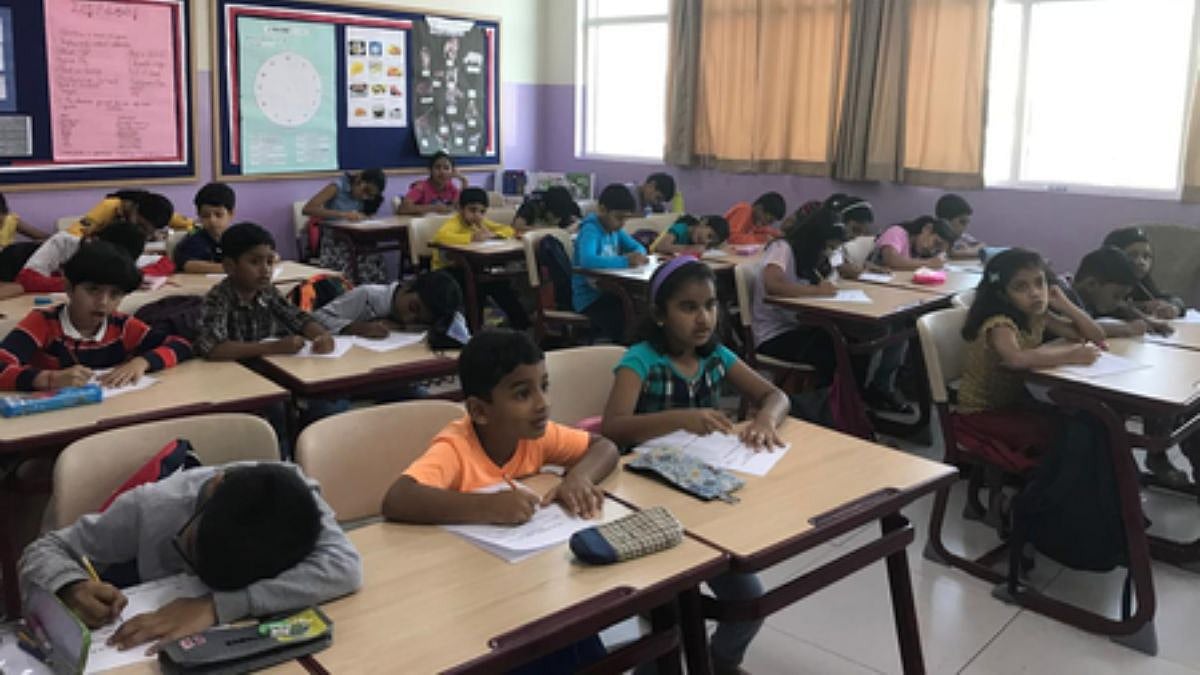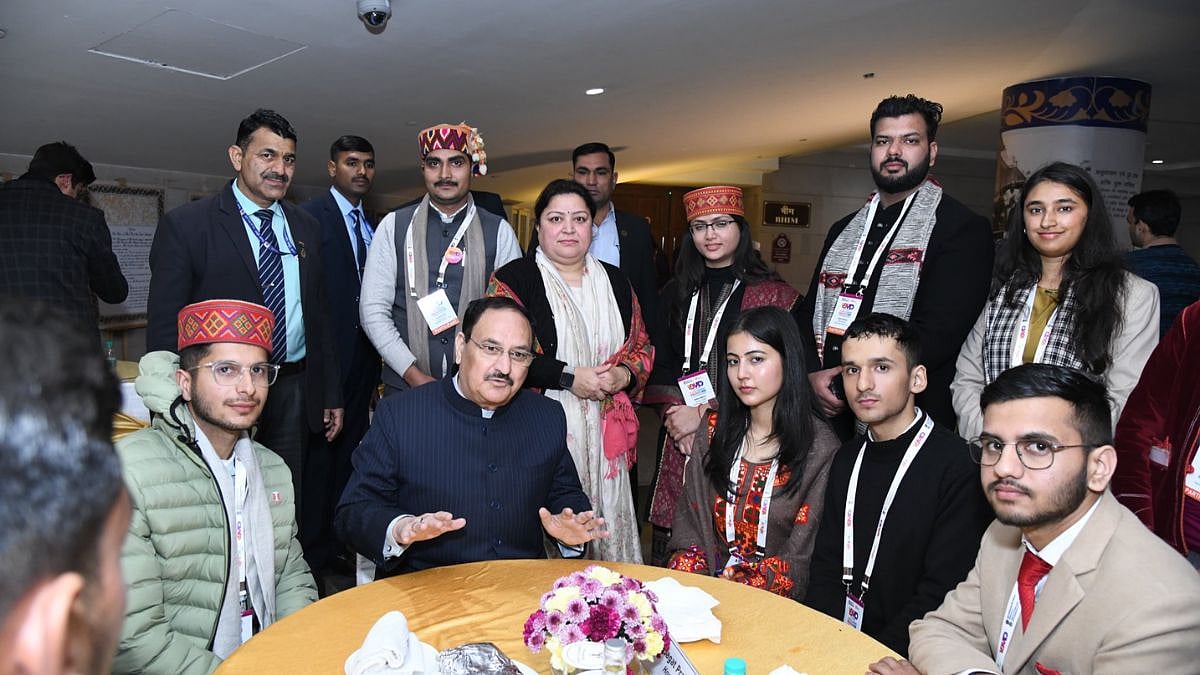The National Council of Educational Research and Training (NCERT) is in the eye of a storm once again after it removed references to the Babri Masjid and Gujarat riots from its class 12 political science textbook. The development is not taken well by teachers and professors who consider it an attempt to distort history and facts.
In the new revised edition, Babri Masjid’s name has been removed and it’s now referred to as a ‘three domed structure’. According to media reports, the Ayodhya chapter is also condensed from four pages to two pages in the new edition, including the removal of violence following the demolition and the imposition of President’s rule in Uttar Pradesh. The Gujarat riots have also been tweaked in the new edition.
The NCERT chief further said that this was done to keep the syllabus updated and that the children should not be taught about violence and riots because teaching about riots ‘can create violent and depressed citizens.’
Maya John, Historian and Member of the Academic Council of Delhi University said, “It is highly objectionable that the NCERT continues to undertake major changes in the content of school textbooks without consulting the original authors.” She further added that it is shocking to see NCERT authorities argue that the inclusion of content on riots would create violent citizens. “It is a very strange position taken by the NCERT director on not including content on riots in textbooks. By that logic, children should not be taught about diseases because that would lead to pandemics,” she continued.
Commenting further on the omission of certain details, John said, “Further, the youth need to know how things have unfolded in the country. It is wrong to keep them uninformed. By not giving them such information or consciously exposing the youth to a blinkered view, an informed citizenry fails to be created.”
The opinion reverberated through Shabnam Saifi, a history teacher at Suraj School, Gurugram who said that histories have been rewritten many times as per the narrative of the governments from time to time. “Students should be taught everything. Skewed history wouldn’t do justice to a pragmatic and impartial understanding of a particular topic,” Saifi said.
Anish Singh, history faculty and research scholar at Ithihasa Tarangini said, “When young minds will not be taught topics like this, they will not have a critical outlook towards the government. So, maintaining a hegemony of political power is the agenda behind the removal of topics like this.”
Some sections of parents held a similar opinion as well and said that not teaching history to students will do no good and will not necessarily translate into them being non-violent.

A parent, Rajveer Vashishth said, “How are we supposed to trust the education sector of the country when it is getting so evidently polarised in recent times? I don’t think any good can come by depriving children of facts. They have a right to know what happened in this country as much as we do.” He continued saying that these histories shape a country and students who are the future of the country should not be deprived of learning these crucial details at any point.
Similarly, Shikha Chhettry said that the argument behind riots creating violent citizens is completely baseless. “Our whole history has been shaped and reshaped many times and violence has played an integral part in it. Moreover, school textbooks do not teach us good or bad, they just teach. However, the NCERT is depriving the students of, this basic right,” she said. Chhettry further added that the Gujarat riots and Ayodhya temple have greatly shaped the country’s politics in recent times so removing its references from NCERT’s political science book makes little sense.
Another parent, Ruchi Vijayvargiya commented that students should be taught about this history so that they can understand the struggle that went behind in building the Ayodhya Ram Temple. “They should know about the massive struggle that went into constructing the historic Ayodhya Ram Temple. So many people lost their lives because of this. The NCERT may be able to stop the discourse from the school textbooks, but the children will eventually learn about it in their homes,” she added.
However, Raja Mohan, a parent, held a contrary opinion and supported the NCERT’s move. According to him, history does not only boil down to Babri Masjid. He said, “I agree with this decision. The students can now clearly learn about the history of our country. The mistake has been rectified in my eyes.”


